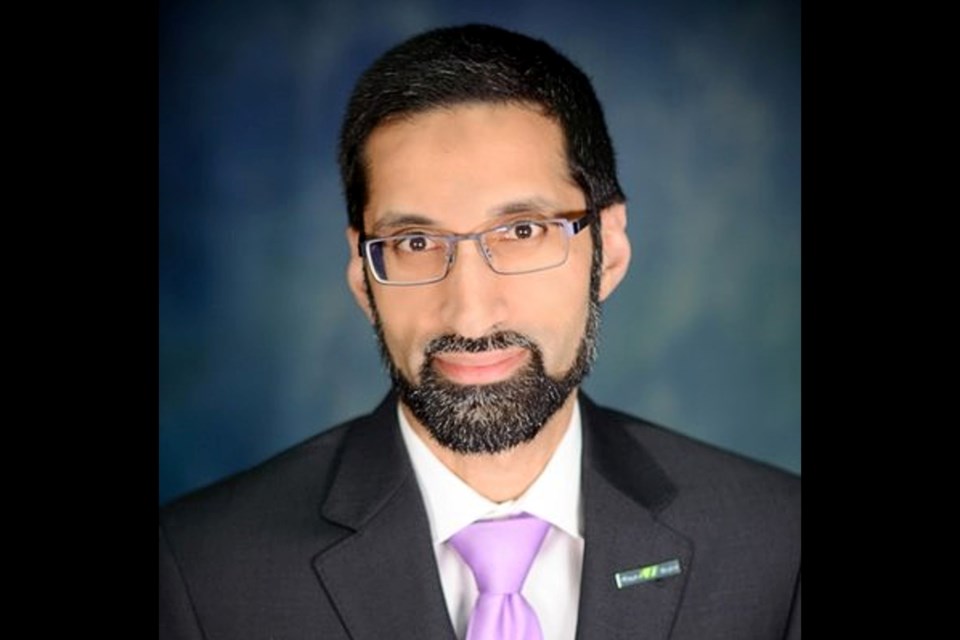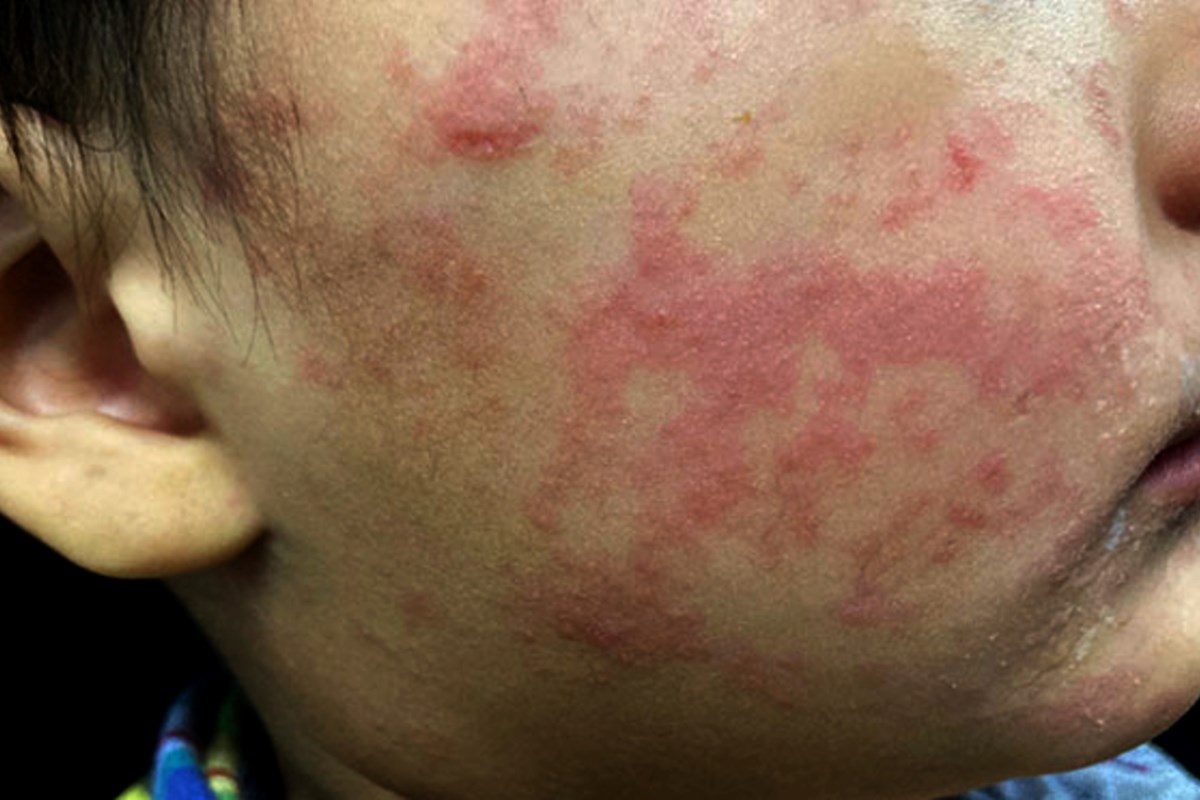A lot of medical detective work went into finding the cases after a baby in the area was infected with measles
Sudbury’s acting medical officer of health Dr. Mustafa Hirji said Friday he was more disappointed than surprised when he learned that many news cases of measles had been discovered in the Greater Sudbury district.
It was on Tuesday that Public Health Sudbury and Districts reported what was believed to be the first new case of measles in Greater Sudbury since 2014.
It was discovered that a baby – too young to be vaccinated – had been infected.
But then on Friday, after a few days of medical detective work, it was learned that several unreported cases of measles had been discovered in the local jurisdiction.
“Public Health has uncovered an additional 39 measles infections in its service area. The majority of these infections have now been resolved,” said the news release that was issued Friday afternoon.
Hirji said it took a lot of probing to find out how the baby got sick.
“It absolutely is a lot of detective work,” he said.

Public Health Sudbury & Districts announced Dec. 13, 2023 that Dr. Mustafa Hirji will be succeeding Dr. Penny Sutcliffe, as the medical officer of health and CEO of the Sudbury health unit. Hirji is the former associate medical officer of health for Niagara Region Public Health. X.com/MustafaHirji
“So what we do is, we had the young child that we did a news release about earlier this week who presented at the hospital with an illness which was diagnosed as measles. Found out we know measles had to have gotten to that child from someone.
“So we start to talk to the family. We start to talk to who has been in that home around this child; find people who’ve had symptoms that sound like they were measles, and keep following the chain backwards from there.”
He said the investigators were able to track the spread of the infection back into June.
“And what we found in this case is that it actually goes back about seven weeks to an individual who lives in another part of Ontario who was visiting some family in our service area,” said Hirji. “She was infected with measles from that other part of Ontario, and brought it with them. And that started the chain of spread here.”
From there, the medical investigators found 39 others who either had measles or still have symptoms. So how surprising was that?
“You know, I wouldn’t say I was surprised,” he said. “I was certainly disappointed with the number being as high as it was, but we do know that measles does spread pretty quickly sometimes, and unfortunately, that’s what we’ve seen here.”
It begs the question of how people are getting infected from a disease that was supposed to have been halted by a vaccine more than 20 years ago.
“We haven’t really delved too deep into that question to really explore people’s thinking,” he said.
“What I’ll say, sort of in general, is what we typically see as one of two things. One is people just haven’t quite gone around to getting vaccinated. Their lives are busy. Work is busy. They have children to take care of. It’s something they, you know, understand is important, but it’s just never been the thing that’s top of mind for them to go out and do.
“And so it’s not actually been done. And then the second thing we often see is people who have heard about the importance of vaccination, and then they’ve seen this stuff on social media that says maybe vaccines are dangerous, which is, of course, all misinformation.”
Hirji said he hopes more people who doubt vaccines will actually speak with their family doctor to get advice on vaccines. He said he is confident that will convince people to get vaccinated.
How did it happen that 39 cases of measles went unreported, especially when care givers are obligated to report measles?
“So these were unreported cases because the individuals were fortunately not very sick,” he said,
“They only had mild illnesses. They just stayed home and got better. In most cases, there’s a few people who are not better yet, and so never needed to present to health care, so nobody really diagnosed them, and it never came up on our radar.”
Moving forward, Hirji said there is hope for individuals who are newly exposed such as those who were on the Chi-Cheemaun Ferry in the past six days.
He said if certain people who were only exposed, there is a medicine available for them to take immediately to prevent a full blown case of measles.
“So particularly for the people who are on the Chi-Cheemaun on July 21 they are still within that six-day window,” Hirji said.
“So if there’s a child under one year of age, there’s people who are pregnant and unvaccinated, or people who have a weakened immune system and are unvaccinated, please do call us so we can arrange for you to get that immunoglobulin medication and hopefully prevent you from getting measles.”
Hirji also advised that if anyone is around an unvaccinated person who had symptoms, there is still a risk of getting measles.
He added that the health unit will continue to investigate the outbreak to see if there are others who have been exposed, and he is encouraging people to double check their vaccination records and ensure they have the two shots that are required.
Len Gillis covers health care and mining for Sudbury.com.

